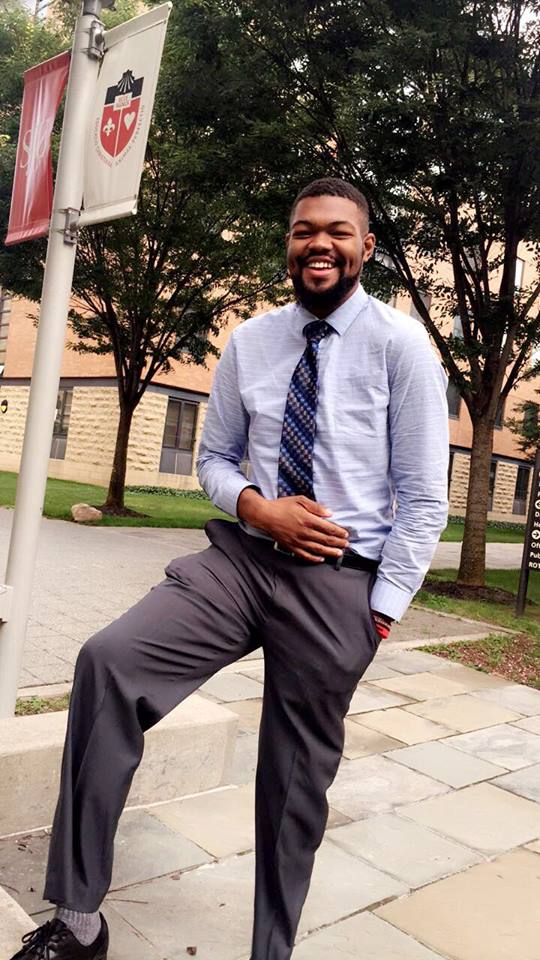10 Dec Foster Alumnus Stafford MacArthur James Purvis Speaks Out About His Experiences in Care

Even after being placed with a family — or even when chosen — it is a struggle becoming comfortable with where you are.
Without proper guidance or help, becoming a productive member of society can be one of the hardest things a foster care youth can accomplish. From someone who has been in the system, as well as been homeless, I can wholehearterdly sympathize with those who are in the current predicament.
I think that the issues begin and root themselves before we as foster youth turn 18. Without education or workshops on how to be financially stable, programs to help us with figuring out what to do when the support is no longer there, there is a much lower percentage for success in the cases of those youth who are or have been in the system.
I personally know few if any of the children that I was staying with that have gone on to achieve a bachelor’s degree or another form of higher education. Lack of guidance and education on the things that lead to a good-paying job, benefits and a good credit score can ruin adulthood.
When I was 18 (I’m now 23), I was just being given back to my family. I had just graduated high school after switching through about 4 to 5 programs. While I was in one of my stays (the children’s home), I completely stopped going to school. I would walk with the rest of the kids each morning, then ditch to spend time by myself. And before that, before coming to the children’s home, I was with an abusive family who wouldn’t feed me and would not help me get to school, unenrolling me and placing me with their family members during the day in a neighborhood not too far from the one I grew up in.
So much time out from school, unsupervised, can have a walloping effect on a adolescent trying to figure out their life as well as who they are. At 18, after finishing high school, my GPA was too low to get a scholarship for college. I got in because of my size and although tuition was paid, my room and board was not covered. So, for the better half of my time at Bowie State University during my freshman year, I was homeless.
A train ride away from Baltimore — but still ever so close — my biological family wanted distance between me and them, so I could not ask for help and was not allowed to come back often. In my transition into adulthood, I found myself becoming okay with living sub-par, barely eating and not having a stable environment for myself to grow in. Because of how I was treated by those who were supposed to care for me, I did not know any better.
The foster care system is a throbbing vein that at its pulse, affects the function of the rest of the body. Debt and credit work hand-in-hand, and I am currently in servitude to both. Sometimes I don’t eat, and more on than off for the last few years, I’ve found myself crashing on couches or floors, taking any opportunity that I can, in order to further myself and my situation.
Sometimes there are spots of good, and an opportunity falls into place that will allow me to be stable. But the issue is if I were better equipped and taught about how to manage myself and had more help and education about finances and other opportunities not afforded myself, I would have had much better odds of survival.
I still am learning how to keep my head above water by any means I have, and though this is good for maintaining, it is always hard to sustain yourself when you don’t know how. I urge people to pay attention to the problems in our community with the future of our country, which is the youth.
I am raising a call to action to this issue, to the misinformation, abandonment and miseducation of children in the foster care system that leads to homelessness.




No Comments